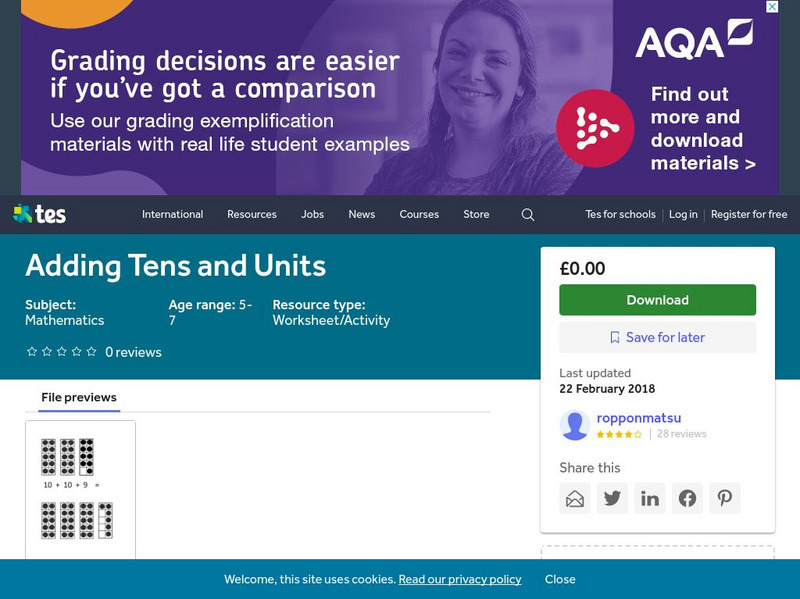Hi, what do you want to do?
SaveandInvest.org
Introduction to Earning Interest: Middle School
Does your bank pay you for allowing them to hold your money? Class members research three different ways they can earn money using money already in the bank. Topics include certificates of deposit, statement savings accounts, and...
Money Math for Teens
Debt Elimination - Power Tools for Building Wealth
What does it mean to be wealthy? Your learners will consider how carrying debt affects budgeting, and learn about the debt snowball strategy and how is it used in the concept of eliminating debt in order to build wealth.
SaveandInvest.org
The True Cost of Owning a Car
Almost every teen wants a car, but can they really afford one? The lesson walks pupils through how to identify a budget, find all of the costs associated with car ownership, and determine if they should buy the car or keep looking.
SaveandInvest.org
Introduction to Earning Interest: Grades 11-12
Does your bank pay you for allowing them to hold your money? Class members investigate three different ways money can make more money. Topics include certificates of deposit, statement savings accounts, and money market accounts....
Curated OER
Two-Digit Addition Problems With Regrouping
In this math worksheet, students solve two-digit addition problems with regrouping. The worksheet includes a number line to help students solve the problems.
Other
Editorial Projects in Education: Teaching Students to Wrangle 'Big Data'
This article describes how students are learning how to analyze big data and and understand how it is used by organizations. The article also discusses data science as a potential career path. Includes a link to a page where you can...
TES Global
Tes: Tens and Units Visualizing
[Free Registration/Login Required] Explore base ten by bundling ten crayons at a time and then counting groups of ten without counting each individual crayon.











